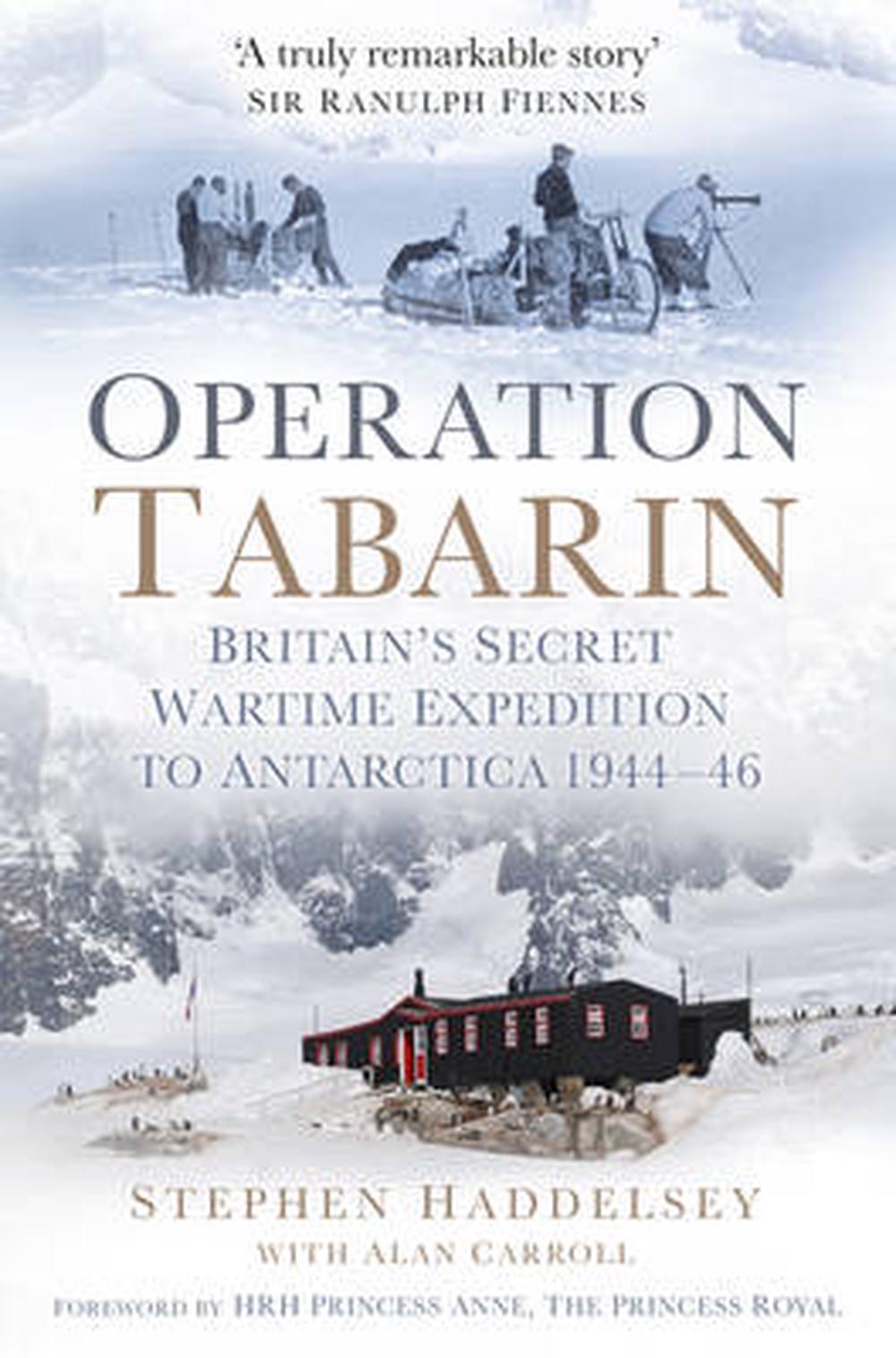
Operation Tabarin: Britain's Secret Wartime Expedition to Antarctica 1944-46
Britain's Secret Wartime Expedition to Antarctica 1944-46
- Hardcover
256 pages
- Release Date
1 April 2014
Summary
In 1943, with the German Sixth Army annihilated at Stalingrad and Rommel’s Afrika Korps in full retreat after defeat at El Alamein, Winston Churchill’s War Cabinet met to discuss the opening of a new front. Its battles would be fought not on the beaches of Normandy or in the jungles of Burma but amid the blizzards and glaciers of the Antarctic. Originally conceived as a means by which to safeguard the Falkland Islands from Japanese invasion and to deny harbours in the sub-Antarctic territori…
Book Details
| ISBN-13: | 9780752493565 |
|---|---|
| ISBN-10: | 0752493566 |
| Author: | Stephen Haddelsey |
| Publisher: | Spellmount Publishers |
| Imprint: | The History Press Ltd |
| Format: | Hardcover |
| Number of Pages: | 256 |
| Release Date: | 1 April 2014 |
| Weight: | 590g |
| Dimensions: | 28mm x 155mm x 234mm |
You Can Find This Book In
About The Author
Stephen Haddelsey
STEPHEN HADDELSEY is the author of three previous books on the history of polar exploration: Born Adventurer: The Life of Frank Bickerton, Ice Captain: The Life of J.R. Stenhouse and Shackleton’s Dream: Fuchs, Hillary and the Crossing of Antarctica (nominated for the William Mills Prize for Polar Literature). He is a Fellow of the Royal Geographical Society and is currently working with the British Antarctic Survey on plans to excavate ‘South Ice’, the forward base of the Commonwealth Trans-Antarctic Expedition, which was abandoned in January 1958. ALAN CARROLL was base leader at Port Lockroy, Antarctica, from 1954 to 1957 and was heavily involved in Cold War-related operations there. Alan is the Historic Adviser to the UK Antarctic Heritage Trust and was awarded the Polar Medal in 2008.
Returns
This item is eligible for free returns within 30 days of delivery. See our returns policy for further details.




